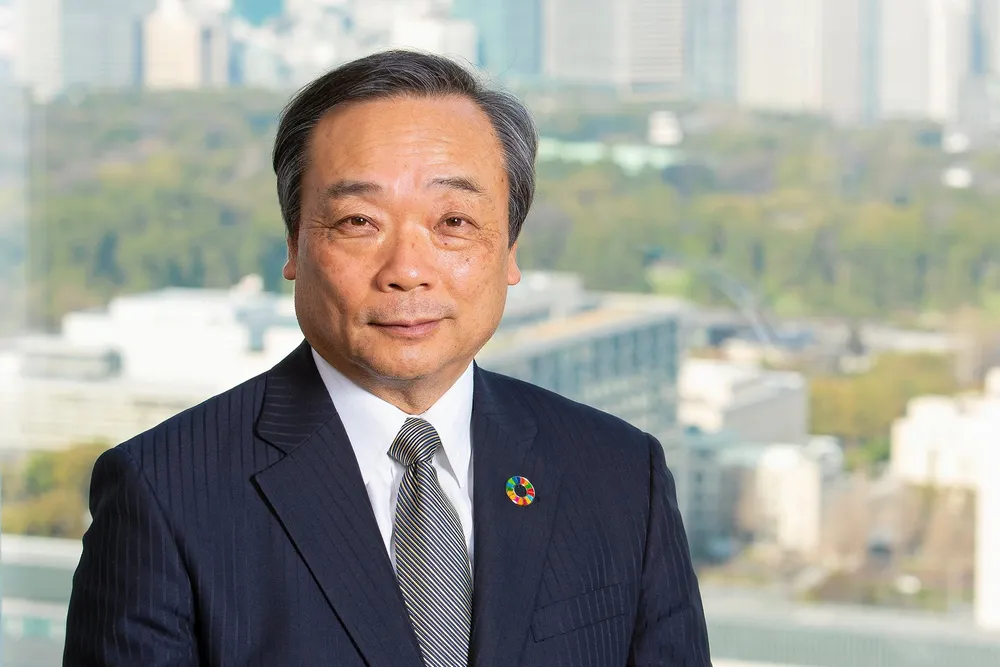Rivals in frame for FPSO engineering contest on $19 billion Asian gas project
The Abadi gas condensate field on the Masela block offshore Indonesia hosts more than 10 trillion cubic feet of recoverable gas reserves

The Abadi gas condensate field on the Masela block offshore Indonesia hosts more than 10 trillion cubic feet of recoverable gas reserves
